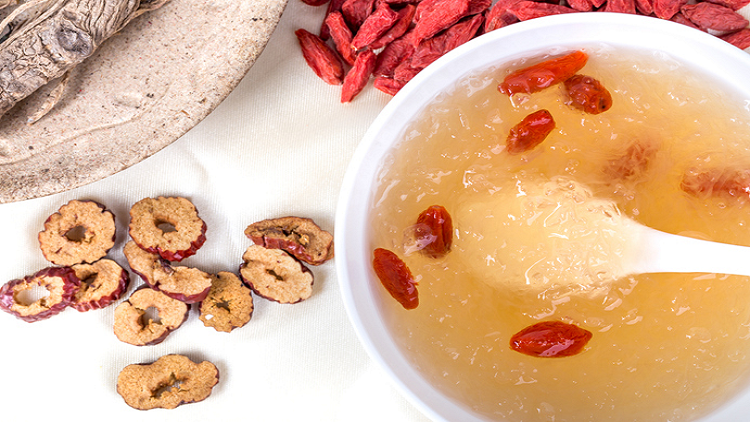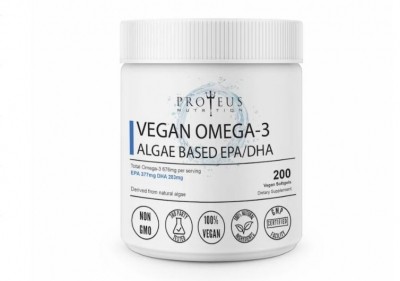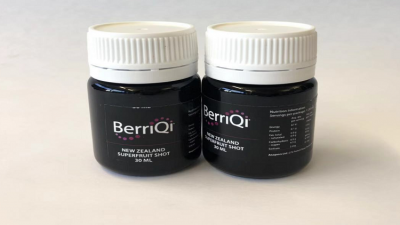Mid-year import report: China demand up by a third with big hikes in seal oil, bird's nest

The latest report released by China Chamber of Commerce for Import and Export of Medicines and Health Products (CCCMPHIE) detailed the country’s export and import of dietary supplements, with a focus on finished products, in the first six months of this year.
China’s total dietary supplements exports as of June was worth US$990m. This is a 10.4% increase from the same period last year.
Imports for the first six months of this year was worth US$2bn, up 32.1%. Last week, we reported that exports were worth US$990m, up 10.4% from the same period last year, and ASEAN was China’s biggest export destination for the first half of this year.
There were 2,543 Chinese enterprises involved in the import business and this was 10.8% more than last year.
Omega-3 and edible bird’s nest were some of the fastest growing categories in China.
Imports of seal oil, which is used in nutraceuticals for its omega-3, had jumped 213.9%.
On the other hand, US$19m of edible bird’s nest were imported into the country, which was a 69% growth.
Edible bird’s nest is one of the key imports in terms of import value, while nicotinamide mononucleotide (NMN) products are also fast-moving products, facilitated by cross-border e-commerce purchase, Zhang Zhong Peng, director at CCCMPHIE told NutraIngredients-Asia.
Most of the dietary supplements were imported from Asia (35%). As of June, China imported US$700m worth of dietary supplements from the region, which was as 42% increase.
Of which, more than half – US$400m worth of imports came from the Association of Southeast Asian Nations (ASEAN).
In terms of growth rate, the value of imports from Indonesia and Hong Kong have gone up by 95.3% and 87.4% respectively.
Outside of Asia, North America is the second largest importer. The region exported dietary supplements worth US$520m into China, up 45.2%.
The value of imports from Oceania and Europe also rose by 22.6% and 15.9% respectively.
Further afield, imports from the Middle East grew by 191%, although the percentage share of dietary supplements imported from the region is still relatively little.
US the top importer
The US is the number one dietary supplements importer to China for the first six months of this year. China imported dietary supplements worth US$460m from the US, up 43.9%.
It remains to be seen if the US will remain at the top spot for the rest of this year. Its closest rival has been Australia, which was the top importer in 2018.
Imports of dietary supplements from Australia was worth US$420m, which was a 22.6% increase.
Import increased amid lockdown
China’s imports of dietary supplements have increased even during lockdown.
The country announced a lockdown in January, but the imports of dietary supplements remained on a growing trajectory.
In February, when most parts of the country were still under a lockdown, value of imports was US$260m, an increase of 63.8% as compared to the same period last year.
Growth continued in April and June, with value of imports up 51.8% and 40.9%.
Guangdong, Zhejiang, and Shanghai were the three provinces which have imported the highest volume of dietary supplements.
Imports to Guangdong were worth US$610m, this is an increase of 47.1% and made up 30.2% of all imports to China.
Imports to Zhejiang and Shanghai were worth US$520m and US$350m respectively.
In total, over 70% of the imports to China were imported into the three provinces.
“Year 2020 did not start off smoothly due to the spread of the novel coronavirus and trade conflict and other negative factors.
“However, according to the import and export statistics of dietary supplements, there was double-digit growth in both import and export values, this has effectively boosted the morale of the industry for further growth,” said the report.



















